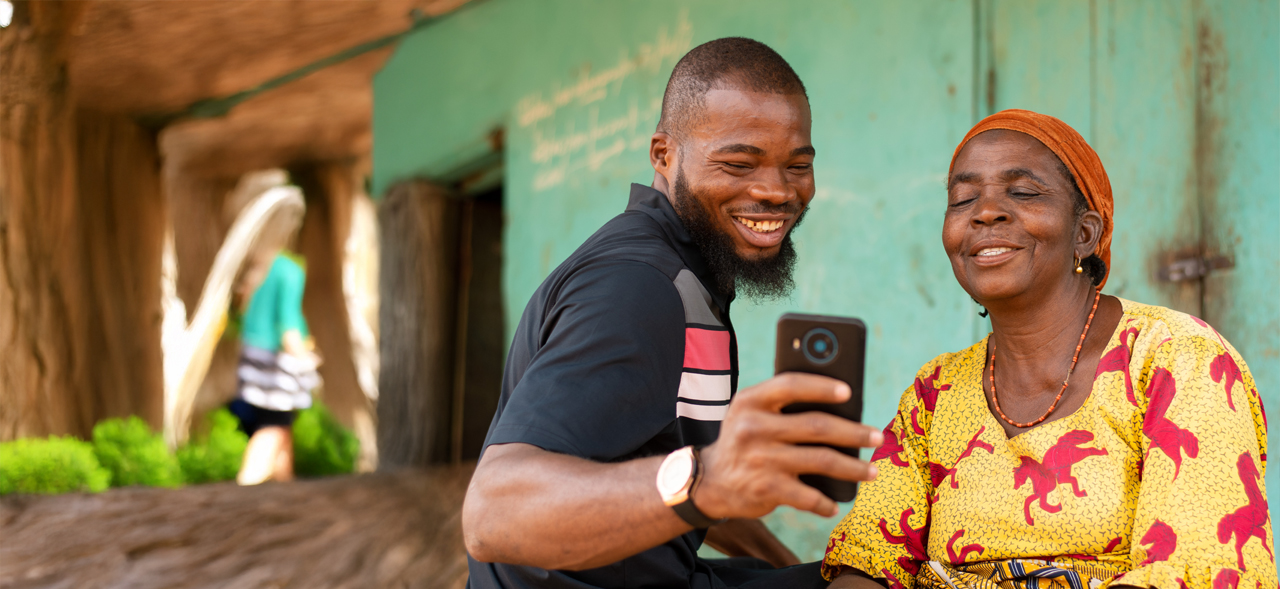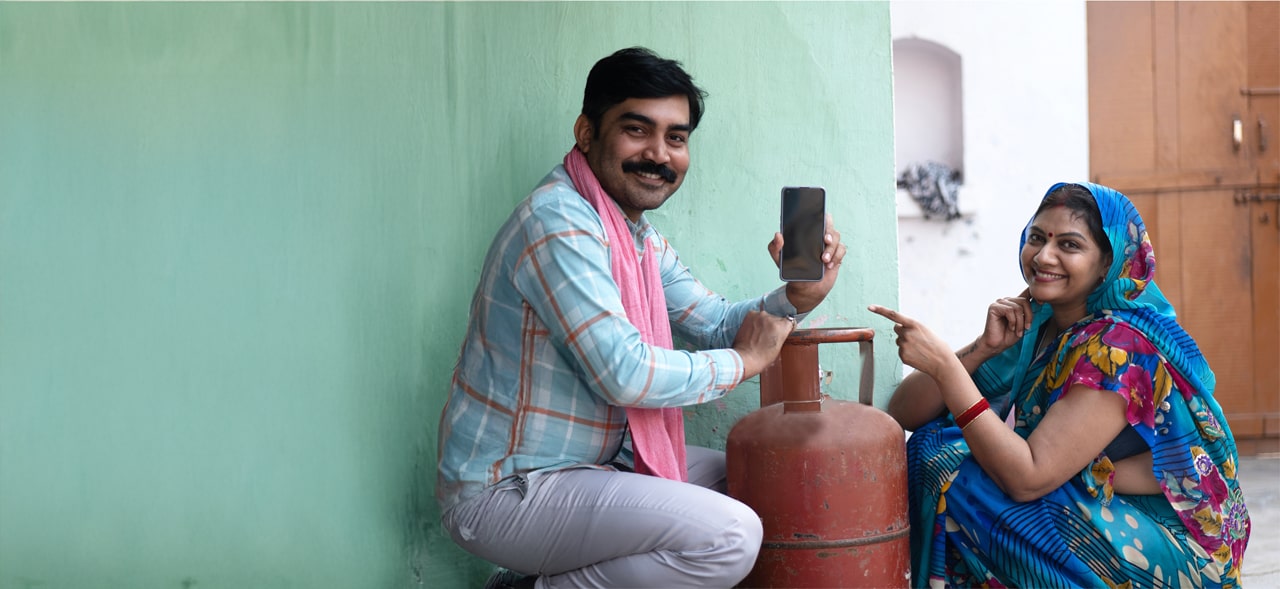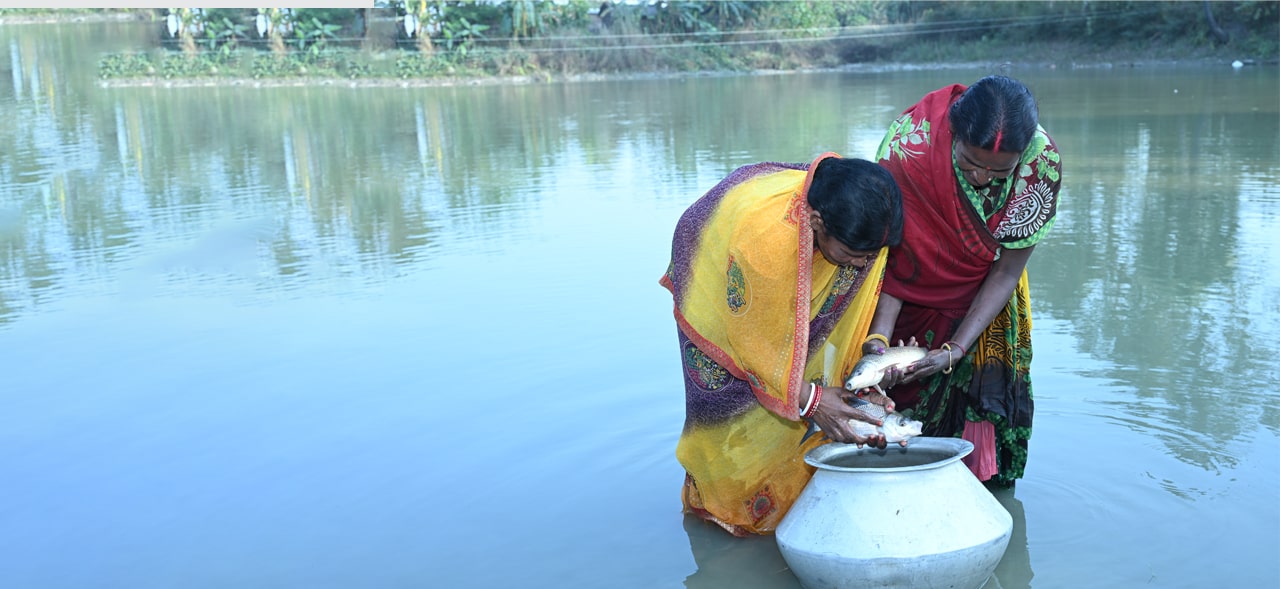The India Post Payments Bank (IPPB) has pioneered financial inclusion in the country’s remotest villages with its 189,000 mail carriers nationwide, termed Grameen Dak Sevaks (GDSs). While the GDSs were a ready workforce, they needed training and handholding support to improve performance. MSC joined hands with the IPPB to enhance its capacity in various dimensions, such as product enhancement, capacity enhancement of GDSs, process efficiency, and merchant onboarding. As of 2018, the IPPB had only 15,000 active agents. The number of active GDS has increased by 73% by April 2022, but it is still only 14% of the total GDS workforce.
MSC built the GDSs’ technical and functional capabilities to enable them to offer the IPPB’s products and services. We conducted a needs assessment study with more than 2,000 agents to understand the skill gap agents struggled with in their role. We designed a highly effective and communicative training module to train the agents in multiple aspects.
The module had a script for each IPPB product for ready reference, customer acquisition strategies, and mapping of the product suite to customer personas to enhance the agents’ sales skills. This module was submitted to the IPPB’s Learning and Development team. We also created an end-user training module and a quick reference guide. The IPPB adopted these modules to train its agents. A comic book designed by MSC helped end-users conduct their operations with all safety guidelines.
With our intervention, the active agent rate increased by 40% from FY 2020-21 to FY 2021-22.
The Gates Foundation commissioned the project.





